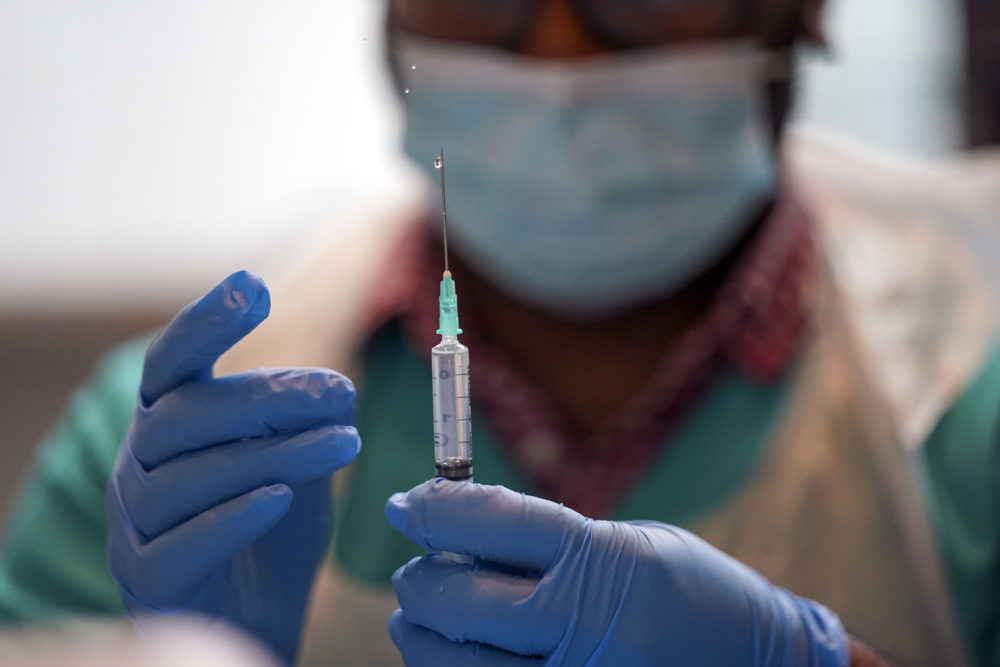First UK case of potentially deadly Clade Ib mpox strain detected in London

The first UK case of a potentially deadly strain of the mpox virus has been detected in London.
The UK Health Security Agency (UKHSA) said the risk to the UK population from the Clade Ib mpox strain “remains low”.
The person involved had been on holiday in Africa and travelled back to the UK on an overnight flight on October 21.
Flu-like symptoms
They developed flu-like symptoms more than 24 hours later and, on October 24, started to develop a rash which worsened in the following days.
The person attended an emergency department in London on October 27, where they were swabbed, tested and sent home to isolate while waiting for the results.
They have now been transferred to the Royal Free Hospital high consequence infectious diseases unit for treatment.
Fewer than 10 people who are thought to have come into contact with the patient are initially being traced, the UKHSA said.
These are household contacts, although the UKHSA is “still working” on the number of people it may have to contact trace.
Mpox only spreads between people when there is close contact.
Spread may occur through direct contact with rash, skin lesions or scabs caused by the virus, including during sexual contact, kissing, cuddling or other skin-to-skin contact.
There is also a risk from contact with bodily fluids such as saliva or snot; contact with bedding or towels or clothing; and a possibility of spread through close and prolonged face-to-face contact such as talking, breathing, coughing, or sneezing.
Symptoms include skin rash with blisters, spots or ulcers that can appear anywhere on the body, fever, headache, backache and muscle aches.
A rash usually appears one to five days after a fever, headache and other symptoms.
Clade Ib mpox has been widely circulating in the Democratic Republic of Congo (DRC) in recent months and there have been cases reported in Burundi, Rwanda, Uganda, Kenya, Sweden, India and Germany.
As of early September, over 600 deaths from the virus had been reported.
The World Health Organisation (WHO) has declared a public health emergency of international concern because of the rapid spread of the mpox strain.
Professor Susan Hopkins, chief medical adviser at the UKHSA, said: “It is thanks to our surveillance that we have been able to detect this virus.
“This is the first time we have detected this Clade of mpox in the UK, though other cases have been confirmed abroad.
“The risk to the UK population remains low, and we are working rapidly to trace close contacts and reduce the risk of any potential spread.
“In accordance with established protocols, investigations are underway to learn how the individual acquired the infection and to assess whether there are any further associated cases.”
According to the UKHSA, the UK has an existing stock of mpox vaccines and last month announced further vaccines are being procured.
This strain of mpox is different from mpox Clade II that has been circulating at low levels in the UK since 2022, primarily among gay, bisexual and other men who have sex with men.
The UKHSA said that while the existing evidence suggests mpox Clade Ib causes more severe disease than Clade II, it will continue to monitor it and learn more.
It said it will initially manage Clade Ib as a high consequence infectious disease.
As of September 2024, there have been 48 cases of mpox in Wales since 2022.
Support our Nation today
For the price of a cup of coffee a month you can help us create an independent, not-for-profit, national news service for the people of Wales, by the people of Wales.





